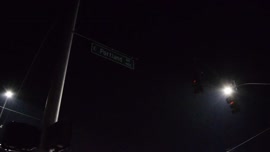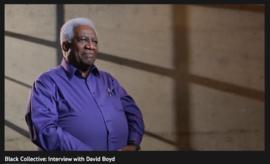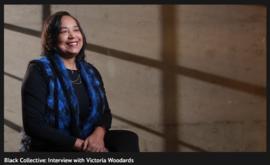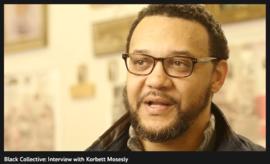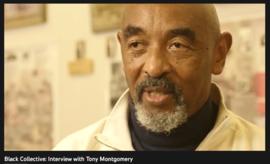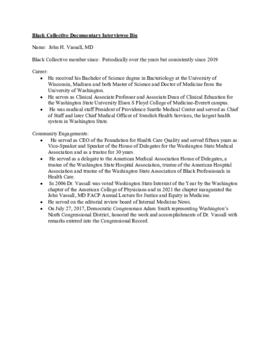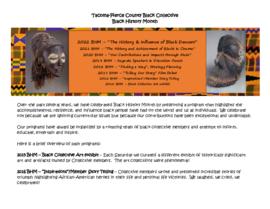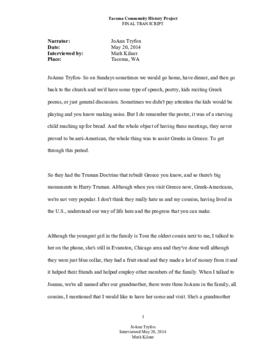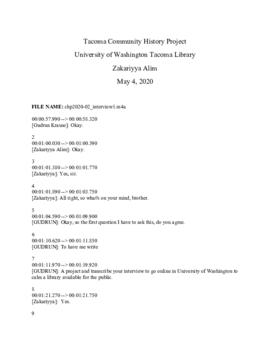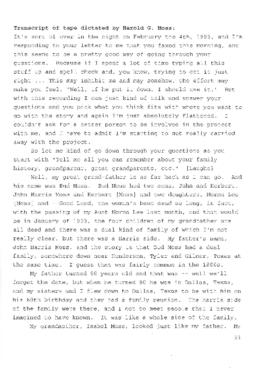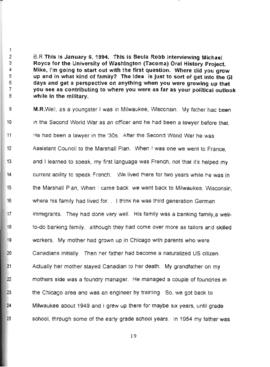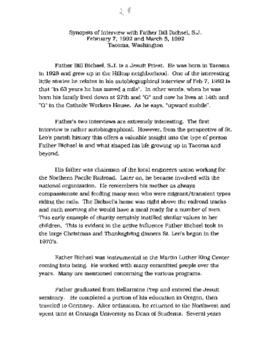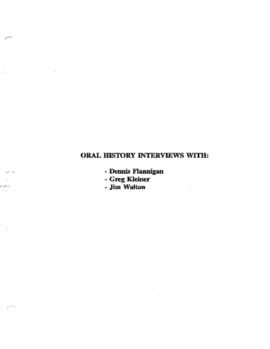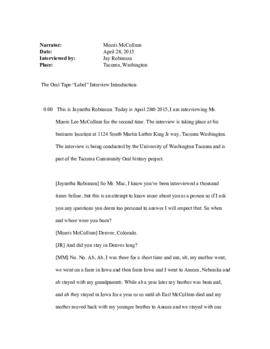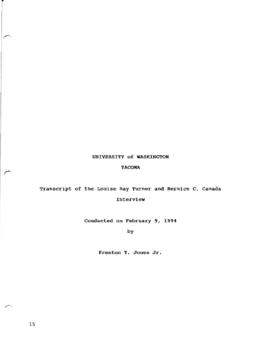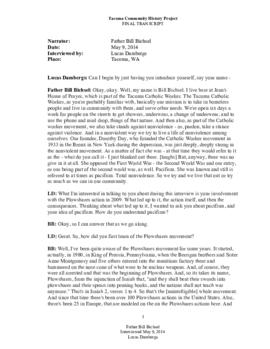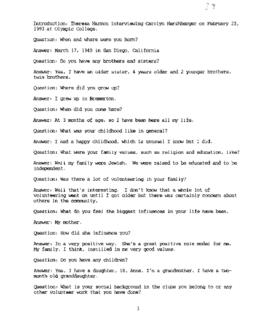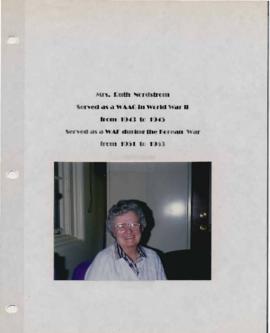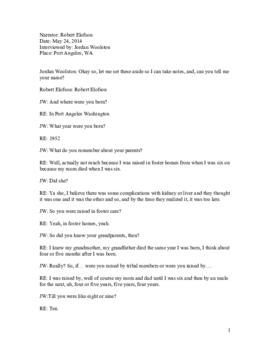Oral history interview with Morris McCollum by Jaynetha Robinson conducted 04/28/2015. Mr. Morris McCollum, "Mr. Mac" as he affectionately known, is one of Tacoma's most respected business and community leaders. He is certainly one of the longest lasting. Shortly after arriving in Tacoma in 1957 Mr. McCollum purchased the K Street Department Store which was located on the corner of 12th and K. He operated the store for several years. At the time the K Street business sector, one of the city's twelve business districts, was second only to downtown Tacoma in terms of business activity. Businesses such as hardware stores, banks, small department stores, appliance dealers, butchers, markets, cleaners, clothing stores, and restaurants lined the streets. In 1960, he moved to 11th and Broadway and opened what to become the quintessential men's store "Mac the Knife," later shortened to "Mr. Mac's." At the time the Tacoma business district was being adversely affected by the building of the Tacoma Mall which would, after its completion, lure many of the surrounding businesses to it. Mr. Mac stayed, however, and became president of the K Street Booster Club, an organization dedicated to promoting the interests of small family owned businesses and the community that surrounded them. In addition to having an active interest in the business community Mr. McCollum also became dedicated to the areas youths and his interests in sports, boxing in particular, lead him to becoming involved with the Tacoma Athletic Commission, eventually becoming its president in 1978. Recognized by the city of Tacoma with the 2004 Martin Luther King Jr. award Mr. McCollum remains a leading figure.
